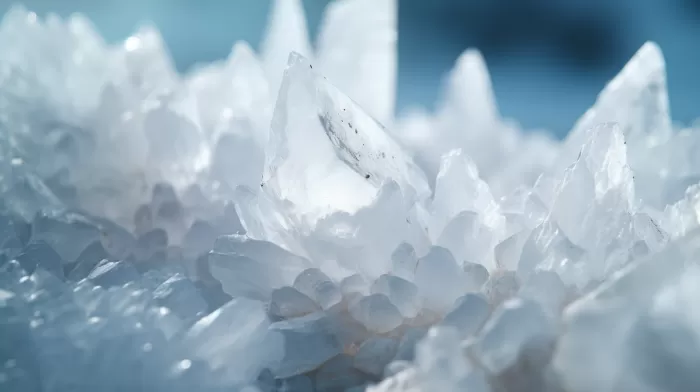For decades, doctors have been warning us about the dangers of consuming too much salt. They’ve told us that it can lead to high blood pressure, heart disease, and even be a potential “silent killer.” But have we been misled all these years? Is salt really the enemy, or is it something our bodies desperately need to function properly?
The truth about salt
Our bodies actually know that salt = health. Salt is essential for life. After all, if salt were bad for us, why would the first thing doctors do when you get admitted to the hospital be to hook you up to an IV with a saline solution? Why would our bodies naturally crave salty foods? Why would we have been designed to crave something that could harm us?
Here’s the truth: Our bodies contain about 250 grams of sodium, distributed throughout our fluids. Sodium is the primary mineral found in plasma, making it abundant in the fluid part of the blood. When your blood is at its healthiest, it has a slightly salty taste. Sodium is also plentiful in the fluids in and around our body’s cells. Without enough sodium, our body fluids would lose water, leading to dehydration, low blood pressure, and even death.
It’s true that low-sodium diets have become popular recommendations for heart health, but research has increasingly shown that staying away from salt isn’t helpful at all. In fact, it could lead to more harm than good.
The problem with processed salt
While it’s clear that our bodies need salt to function properly, not all salt is created equal. The problem lies with processed salt, which is drastically different from natural salt sources. Processed salt is chemically refined and bleached, stripping it of the essential micronutrients and co-factors salt is supposed to contain, like potassium and magnesium. This makes it almost unrecognizable as salt in its natural form.
So, while mainstream medicine may have had good intentions with their warnings about salt, they were misguided when it came to processed salt. Consuming too much refined, processed salt found in many pre-packaged and processed foods can contribute to health problems, whereas natural sources of salt provide essential benefits to the body.
Embrace the power of sea salt
If you’re looking to reap the benefits of salt without the potential harm caused by processed salt, it’s time to consider incorporating sea salt into your diet. There are many types of sea salt available, including Mediterranean, Himalayan, and Pacific, each with its own unique flavor profile. When shopping for sea salt, ensure it has not been refined, chemically treated, or boiled. The best sea salt is harvested and allowed to dry through natural evaporation.
Sea salt contains essential minerals and trace elements that are vital to our health. Some of the many benefits of sea salt include:
- Electrolyte balance: Sea salt helps to maintain an optimal balance of electrolytes in the body, which is essential for maintaining proper hydration and nerve function.
- Improved digestion: Sea salt aids digestion by stimulating the production of digestive enzymes and increasing the production of stomach acid.
- Supports the immune system: Sea salt can help to boost your immune system, making it more effective at warding off illness and infection.
- Promotes healthy skin: The minerals found in sea salt can help improve the overall health and appearance of your skin, reducing inflammation and dryness.
While it’s important to moderate your salt intake, the key lies in choosing natural salt options rather than processed versions. Opt for sea salt in your cooking, and be aware of the amount of processed salt hidden in pre-packaged and processed foods. It’s time to shift our mindset on salt and embrace the benefits it can offer our bodies when consumed in its natural state.



